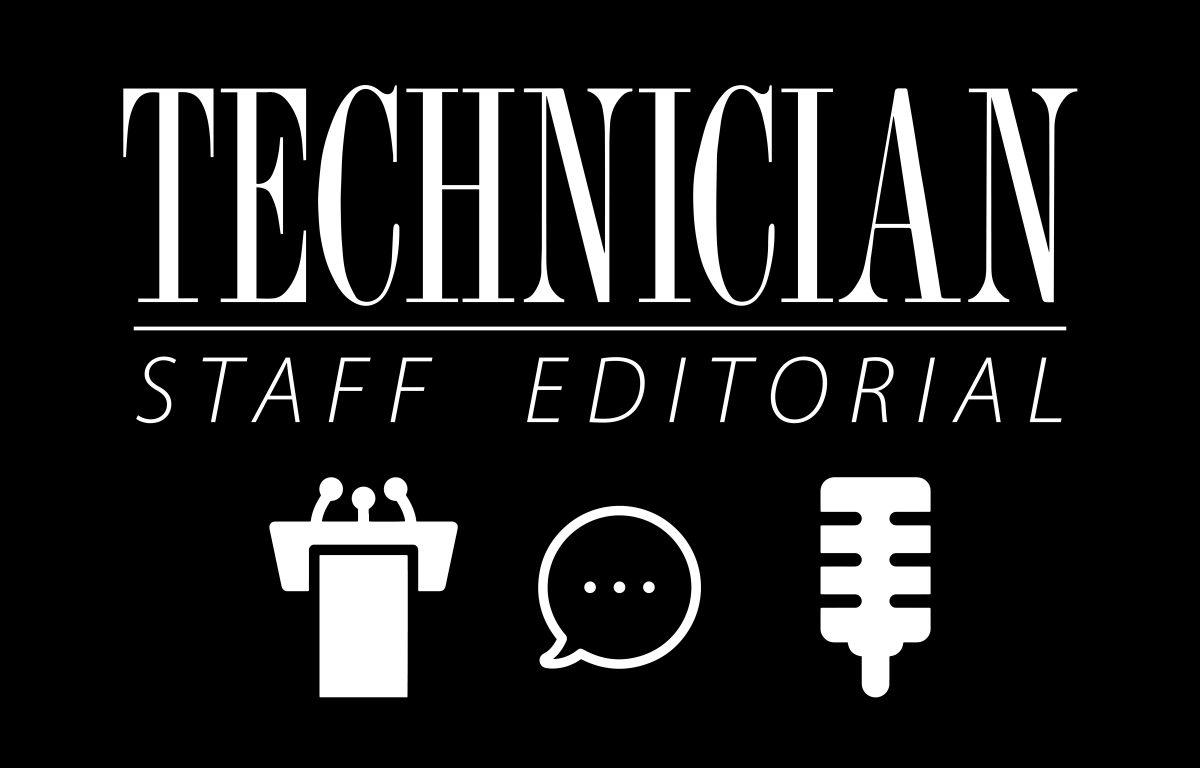Facts: The 2010 election put 67 Republicans in the N.C. House of Representatives and 31 in the N.C. Senate. The Republican platform calls for a balanced budget, tax cuts and better payment for teachers. N.C. State is looking at a 15 percent budget cut for the 2011-2012 fiscal year.
Our Opinion: Voting is very important, but a voter must understand the beliefs of the people they are voting for. The Republican agenda calls for cutting taxes and balancing the budget, but the lack of funds and further tax cuts has left N.C. State is facing these budget cuts.
While as a community we voted in the 2010 elections, only 43.75 percent of North Carolina’s registered voters actually participated. N.C. voters wanted a balanced budget, but this means cutting back on programs. Taking funding away from programs, however, is when we all realize what it means to balance a budget. It shouldn’t be a shock to the N.C. State community that we are confronting this setback. For those of us who chose to vote, did we really know what we voted for? Voting without knowing either the impact or the consequences of our vote may have brought these consequences on us.
The Republican victory in the recent election established a Republican majority in North Carolina. The current demographic in the N.C. House of Representatives is 67 Republicans and 52 Democrats and the situation is not very different in the N.C. Senate. Although the budget cuts at N.C. State were initiated before the elections, since the Republicans are the majority, this means the state will deal with them the way they see is right: which is a balanced budget and tax cuts.
The reduction of taxes and the austere budget directly impacts education. If the state has a smaller amount of income from last year, then that means less money all around, including funding for the University.
The Republican platform for North Carolina clearly says, “Students must have the best possible teachers, whether physically present or by use of technology. Teachers should be paid, retained, and promoted based on the quality of their work, not on longevity. Teachers should be trained in the subject matter they actually teach. Highly qualified teachers at low-performing schools should be paid more if their students show academic progress.” This is hard to do with budget cuts to education.
Training and utilizing the talents of the best teachers for the benefit of students requires money. The only way to achieve this objective is to provide more money and not cut budgets, especially at a time with tremendous academic rivalries emerging from India and China. We all need to realize that the best way to progress financially with a competitive edge is by setting high educational standards and improving upon them at all times. A 15 percent stab at this presents itself as counterproductive and contradictory.
N.C. did a complete 180 degree change in representation and political agendas have been altered. Consequently, education didn’t make the cut. If you voted republican, the N.C. State budget cuts should come as no surprise. For the most part, people are shocked and appalled at the meaning of these cuts. Our involvement in N.C. political affairs consequently extends beyond voting. It is not just about what the public does, but what it doesn’t do. If someone is not pleased with the track in which N.C. State, or N.C. in general, is taking, then we shouldn’t look outward for blame.



